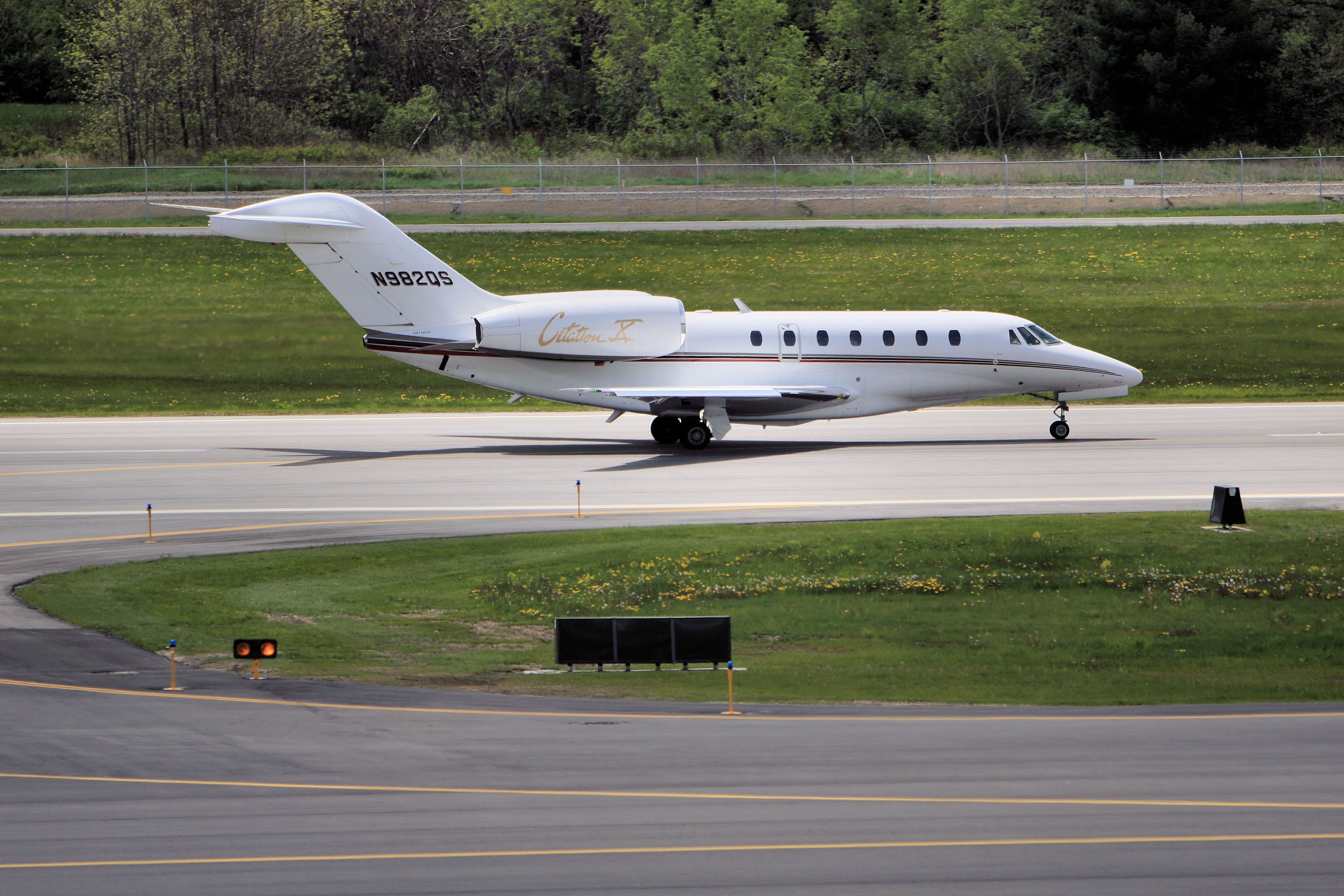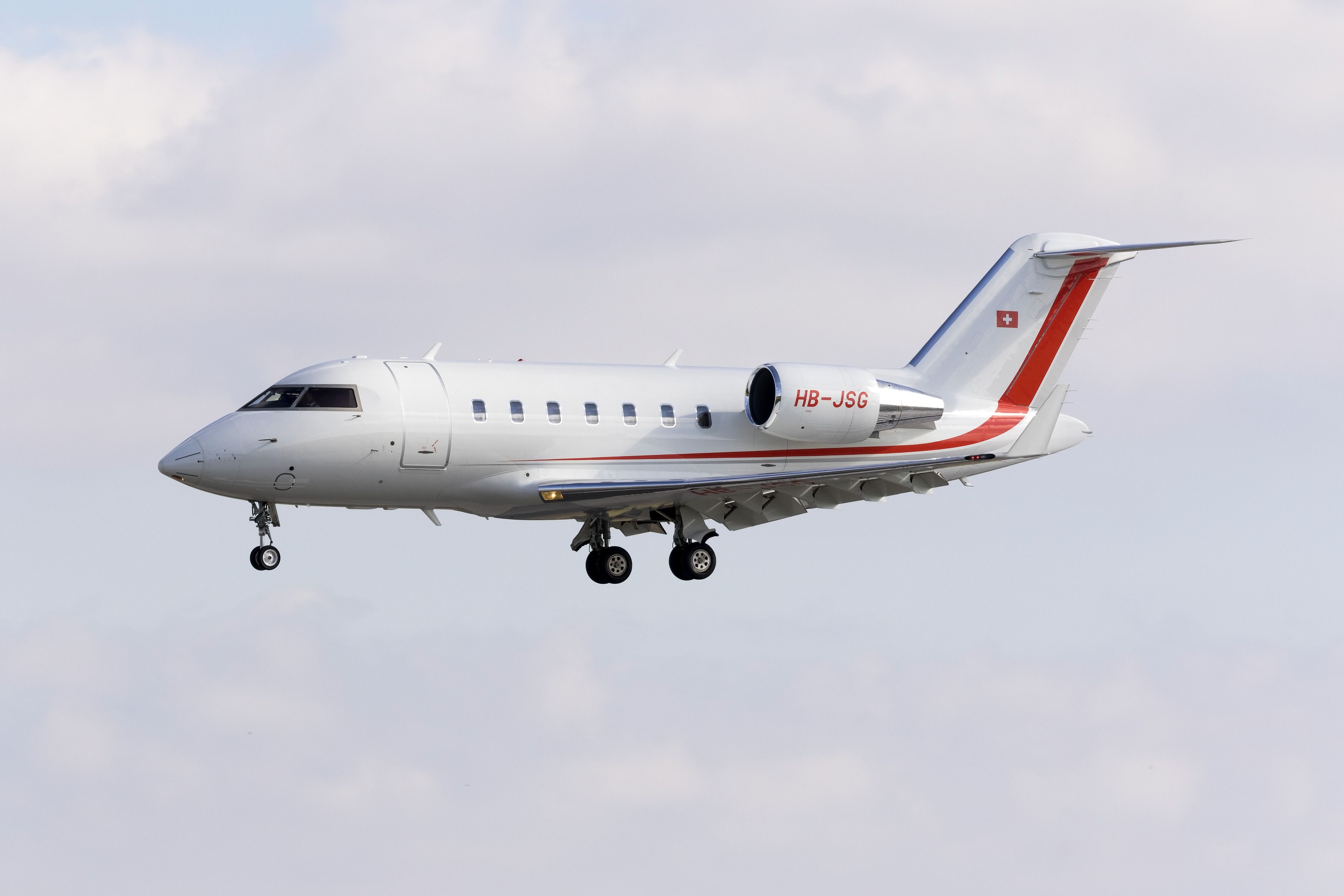Summary
- Biden proposed an increase in fuel taxes for business jets to ensure a fair share compared with commercial airlines.
- The proposal includes a jet fuel tax hike from 21.9 cents to $1.06 per gallon by 2029 & elimination of major tax breaks for private jet operators.
- Business aviation organizations, including NBAA, oppose the proposal, citing a negative impact on industry, jobs, and competitiveness.
On Monday, March 11, the President of the United States, Joe Biden, officially submitted a proposal that would increase fuel taxes for business jet operators. The White House indicated this proposal was to ensure business jet operators pay their share compared with airline passengers. Airline passengers already pay special taxes on every ticket that is purchased, so this proposal would attempt to even out the aviation market, according to the White House. Per AIN Online and the United States Department of Transportation (USDOT), private jets account for 7% of all operations handled by air traffic controllers. However, private jet operators contribute just 0.6% of the taxes that fund the Airport and Airway Trust Fund, which provides funding for the aviation system in the United States. This trust fund covers the majority of the Federal Aviation Administration’s (FAA) annual budget.
 Initial proposal
Initial proposal
The proposal released on March 11 contained two major rule changes for the private aviation industry. The first rule change indicated an increase in the jet fuel tax for all business jet operators. Currently, there is a 21.9 cent tax per gallon of aviation fuel bought. The plan would eventually increase this tax to $1.06 per gallon by 2029. This tax is applicable to any non-commercial operator.
This proposal would be rolled out in five phases. Per the Department of Transportation,
“In the first year, the jet fuel tax would increase to 38.64 cents with a 16.84 cents per gallon increase in each subsequent year until 2029.”
The other major rule change included in Biden’s proposal is to eliminate a major tax break utilized by many private jet operators. The new proposal would extend the depreciation length for private jets to seven years. This would match the depreciation length of passenger air carriers instead of the depreciation length of major business assets like cars.
The major proposal was filed in line with the budget request for the USDOT. The budget requested for the DOT was $109.3 billion. In this request, nearly $22 billion was dedicated to supporting the FAA, per AP News. These funds would also assist the FAA in hiring over 2,000 new air traffic controllers and also to replace aging FAA facilities across the United States.
Response from the private aviation industry
Business aviation organizations across the United States came out against the recent proposal. Per AIN Online, the President and Chief Executive Officer of the National Business Aviation Association (NBAA), Edward Bolen, spoke out against the proposal, saying,
“The Biden administration’s sweeping plan would hurt business aviation and the jobs and communities that depend on it and make it harder for US companies to compete in a global economy. Among the proposals that single out business aviation for onerous treatment is a five-fold fuel tax increase, even though current fuel taxes already cover the incremental cost imposed on the aviation system. We urge Congress to tell the president that his gambit won’t fly with the citizens, companies, and communities that rely on business aviation.”
Executives from other companies across the US, such as the CEO of the General Aviation Manufacturers Association (GAMA) and the CEO of the National Air Transportation Association (NATA).




